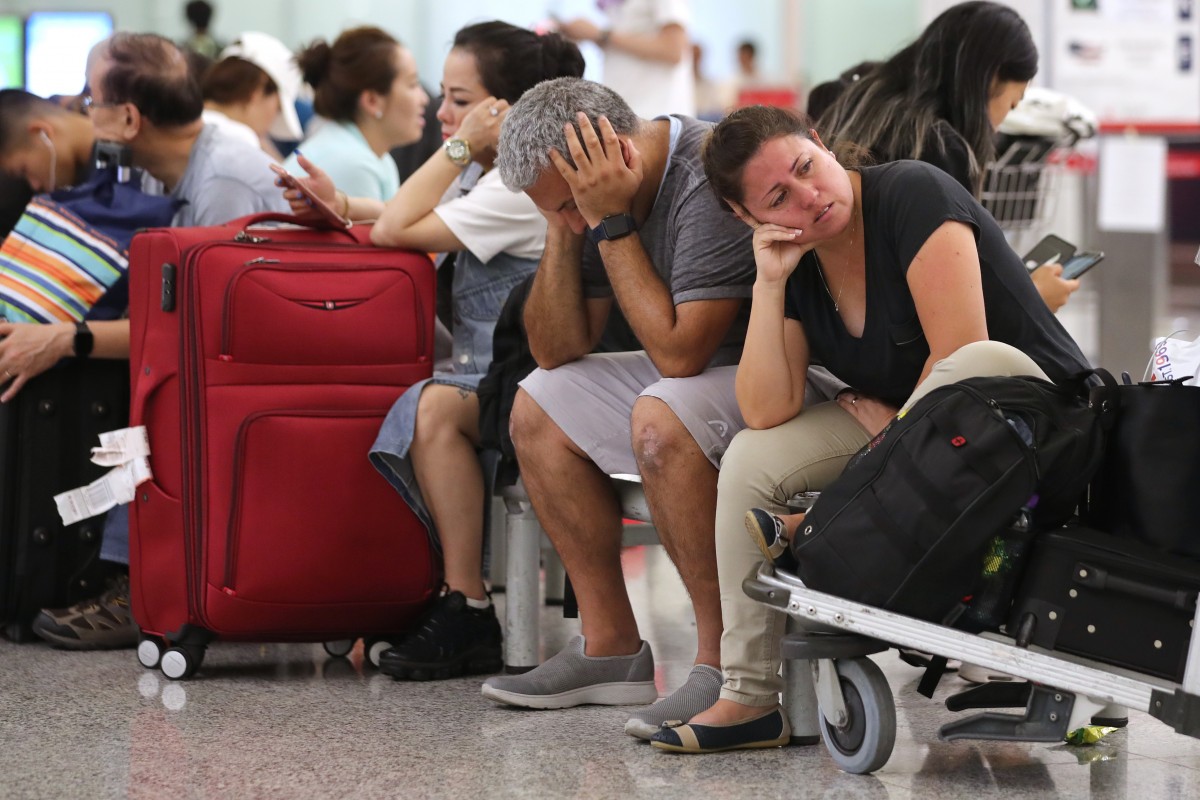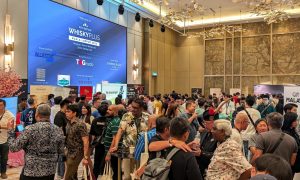This article contributed by Andy Davison, CEO of TEG Media.
For 25 years, my company has been promoting Malaysia to the international community. At times, that’s been easy to do, such as during the period when my family and I were given unsolicited Permanent Residency by a former Prime Minister. But it hasn’t always been easy like that. Now, as I reach the end of my career, I am saddened that a new government is once again sending a negative message to the international community.
Despite our own efforts and those of other people who think the decision to deny people who have made Malaysia their home entry to the country is unfair, the government will not back down. Whether you have your only home here with the Malaysia My Second Home programme (MM2H) or are living and working here with a valid work visa, they will not let you in.
It is hard to understand the logic of the decision, given that the people being locked out are small in number. To invite people to make Malaysia their home and then deny them entry seems extremely unkind. It would have been fairer to tell them when they applied that they should never regard Malaysia as their primary home, because they can only come here when it suits the government.
The fact is, the vast majority of people who applied for the MM2H programme do not choose to live here. They treat the visa as a tool used for to gain entry to a different place in times of trouble, or as a way of avoiding the visa restrictions for short-term visitors.
The irony is that the ones who make the most significant contribution to the Malaysian economy are the ones who settle here. These people buy homes and cars and spend money in Malaysia throughout the year. These are the most desirable from every angle, not only because they are helping the country’s economy and therefore the Malaysian people, but also because unlike tourists whose primary objective is to have a good time, often without due respect for the country, the MM2H applicants are generally older, more considerate, and, as they have decided to make Malaysia their home, show the most respect to the people and the country.
Our research has shown most of them have more Malaysian friends than expats, clear evidence that they are integrating well. Also, compared to the Malaysian population, which is growing by some 500,000 people a year, a few thousand foreigners a year have minimal impact.
When I last wrote about this, many Malaysians were unsympathetic because very few have understood the programme or the benefits it brings to the Malaysian people, and of course a few do not like foreigners, usually because they have never been exposed to them. Obviously, the economic impact is not something the average person realises; however, they do notice when they see their incomes drop because the economy is doing poorly.
On the other side, it is personally distressing to read emails from people who live here and just happened to be out of the country, perhaps on a brief holiday, and could not return before the MCO deadline. They are now stuck in other countries at high cost, and not allowed to return to the only home they have in a country they thought appreciated them.
I also heard of a foreigner who, newly married, returned to the country with his Malaysian wife, only to be told he could not enter, because they had not been married for six months. Surely some discretion is possible. There are also dependents and people with work permits who are being denied entry and sometimes kept away from their families who remained here. They all tell me they are healthy and quite willing to go into self-isolation, but they just want return to their homes.
I have had letters from people who were flying back via Changi Airport, and are now stuck in Singapore even after having completed their isolation there, unable to return to their homes in Johor Bahru, just a few kilometres away. It hurts even more that Singapore is an expensive place in which to be stuck.
Now, the Malaysia My Second Home programme itself has been damaged because the message to the most attractive group of visa holders – those who relocate and make their homes here – is negative, making it clear they have no more rights than the casual tourist.
This is unfortunate for them, of course, but also sad because it hurts the Malaysian people. The world’s economies are suffering, and so is Malaysia’s. One would think the country would be focused on finding ways to improve the Malaysian economy for the sake of the Malaysian people, rather than taking steps which will mean losing revenues from a programme which can make a nice contribution to the country’s economic health and also to its international reputation.
This seems very much like the decision to shut down the operations of two major tax contributors to the government – Carlsberg and Heineken. Apparently, it was more important to stop people buying beer, presumably for religious reasons, than collect the sizeable taxes these companies pay (RM2.27 billion in 2019!) when they are at full capacity.
Maybe this is all an indication as to how the new government views foreigners. That would be sad indeed, because for 25 years I have been finding ways to promote Malaysia to the international community, in order to encourage foreign investment, tourism, and of course the Malaysia My Second Home programme. All of these areas benefit the Malaysian people, either directly with employment or indirectly through a healthy economy. Those who buy property clearly help reduce the property overhang, which is hurting a vital part of Malaysia’s economy, the construction industry.
It was tough promoting Malaysia for a while when the international media had plenty of stories about corruption in high places, but we still tried our best. At the time, the government was not able to change the international community’s negative perception, as there was nothing they could do to defend their actions.
With these recent decisions, however, it seems a conscious choice. But why would any country seek to intentionally harm their global reputation and undermine good economic initiatives? I guess that’s the question I am asking, and maybe someone can provide me with an answer. Hopefully, this is not an example of how the new government wants to run the country.

















